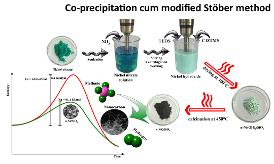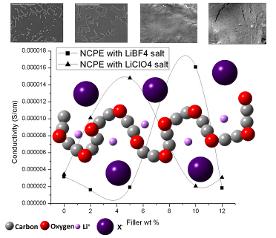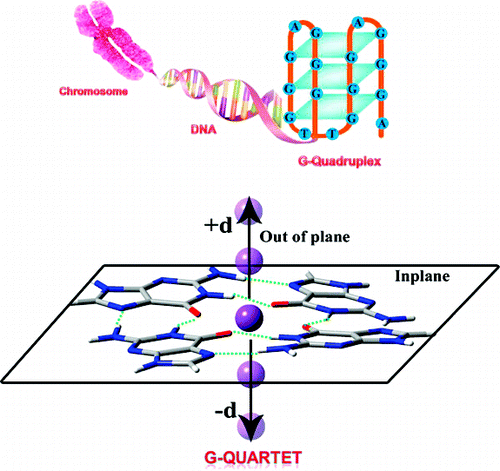Research Experience
Being a postdoctoral researcher, the core research focus is on development of highly stable and active catalyst for dry reforming of methane (DRM) to produce syngas (H2-CO mixture). He is handling interdisciplinary research projects with researchers from multidisciplinary field.
Project I: Catalyst synthesis for Dry Reforming of Methane (DRM).
• Develop suitable fixed bed reactor for pilot scale DRM experiment.
• Design, synthesis, characterize and evaluate various metal oxide catalysts for DRM.
• Investigated Ni-based catalysts supported on various supports and promoters.
Project II: Cellulose conversion to glucose via vacuum pyrolysis.
• Developed a lab scale reactor for cellulose pyrolysis at vacuum condition.
• Investigates in depth chemistry of cellulose pyrolysis at vacuum condition considering different experimental parameters.
Project III: CO2 gasification of sugarcane bagasse and lignite char.
• 18 chars from the pyrolysis of six trios of sugar cane bagasses were investigated.
• Quantitative description of the rate of gasification catalyzed by inherent metallic species and a correlation of the catalytic activity and its change during the gasification with the metallic species composition were studied.
• Chars from 20 lignite samples were prepared from two types of original lignites and detailed kinetic investigation is going on.
Other tasks:
• Timely evaluation of research progress and publish results in well-known international journals.
• Collaborate with various research partners, attend workshops & training classes for young researchers, coordinate the research activities and prepare research progress reports.
• Active collaborators: National Institute of Chemistry (Slovenia), University of Malaya (Malaysia), and University of Nizwa (Oman).
• Attend RADIOISOTOPE AND X-RAY TRAINING session once a year at Kyushu University and obtain/renew XRD working license.
• Operates JEM-2100F FETEM, Rigaku XRD, KEYENCE VE-9800 SEM and Quantachrome BET instruments.
October 2012-October 2016: Ph.D. student at Department of Chemical Engineering, University Malaya, Kuala Lumpur, Malaysia.
Young researcher career in the field of catalysis has started at University Malaya under Postgraduate Research Fund (UM.C/HIR/MOHE/ENG/11). The prime focus during the period was to develop suitable nanocatalysts for methane decomposition to produced hydrogen and nanocarbon.
Main tasks:
• Modify existing pilot plant for catalytic methane decomposition in order to operate with low quantity nanocatalysts.
• Design, synthesis, characterize and evaluate various metal oxide nanocatalysts for methane cracking.
• Purification of produced nanocarbon and characterization.
• Optimize methane decomposition parameters using DOE (Design of Experiment).
• Interpretation of XRD, BET, TGA, FTIR, HRTEM, FESEM, EDX, H2-TPR results.
• Assist supervisor in teaching undergraduate students.
• Prepare proposal for national/international research funding, such as science fund (MOSTI), ERGS and Sir John Templeton Funding.
• Attend international conference and present research reports and publish research in well-known international journals as per High Impact Research grant norms.

October 2011-February 2012: Project Assistant at Electrochemical Power Systems Division, Central Electrochemical Research Institute, India.
UPM Ashik received ASPIRE Scholarship from Mahatma Gandhi University during this period. The project entitled “Studies on poly(ethylene oxide) based nanocomposite electrolytes for lithium batteries” involved synthesis of nanocomposite polymer electrolytes using nanofiller (MgAl2SiO6) and LiX (X=ClO4 and BF4) as lithium salt. The tensile and ionic conductivity studies have been conducted. I became familiar with several experimental and analytical techniques including Electrochemical impedance analyzer, Universal Testing Machine, SEM, TG-DTA and FTIR.

December 2009-May 2010: Project Assistant at School of Chemistry, Indian Institute of Science Education and Research, Thiruvananthapuram, India.
The computational study of guanine quartet was performed using Becke three-parameter Lee-Yang Parr (B3LYP) level of theory with the 6-31g (d) basis set using the Gaussian 03 program. It was a unique experience to explore the micro level understanding of molecules and their interactions.

